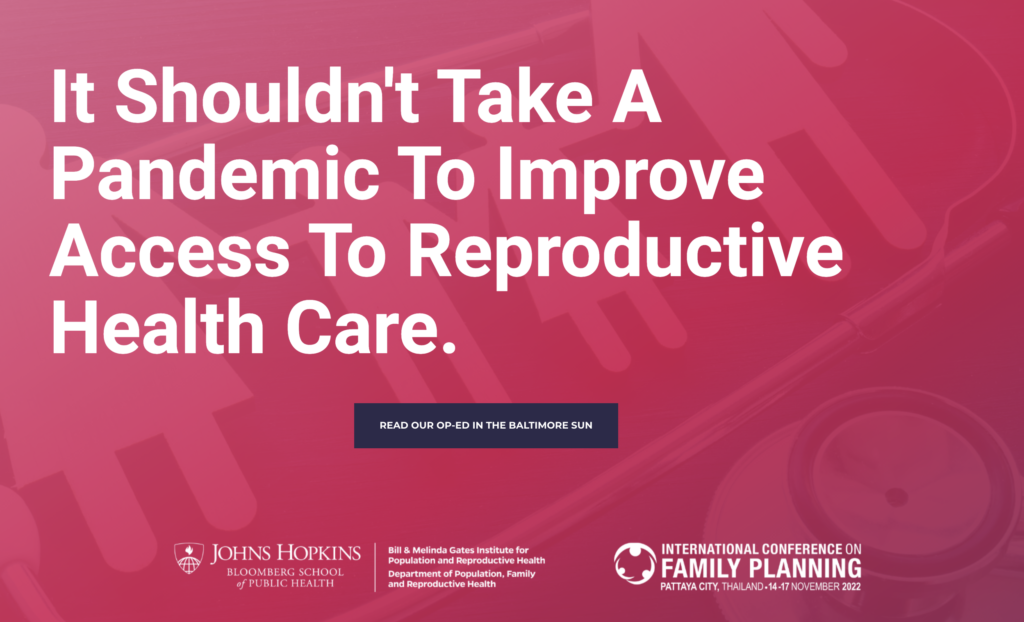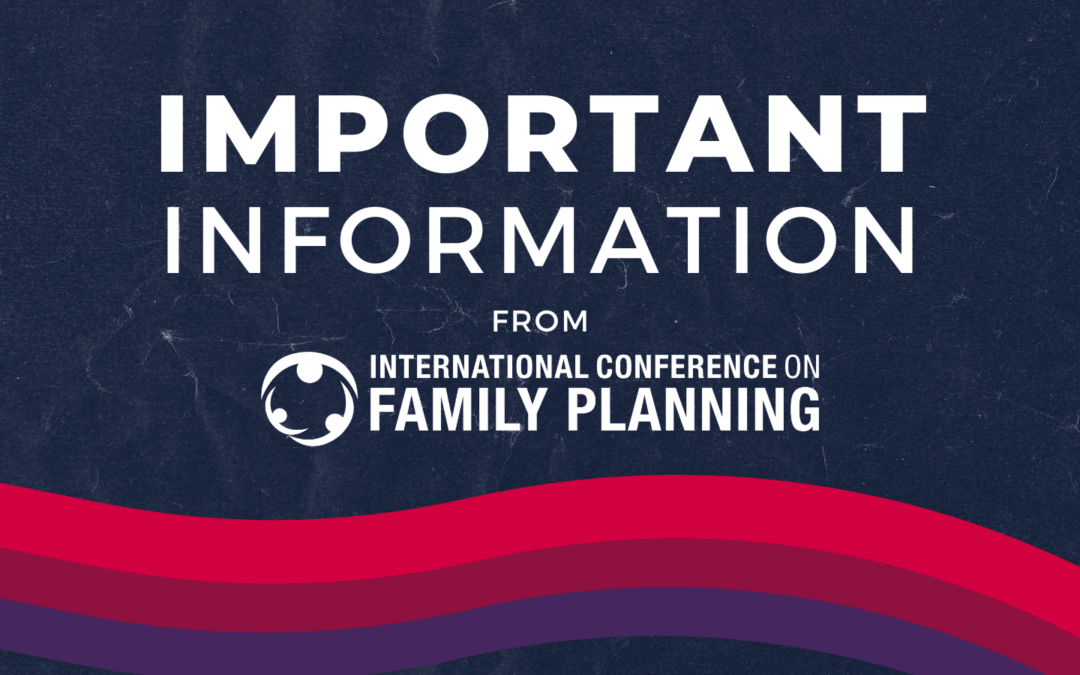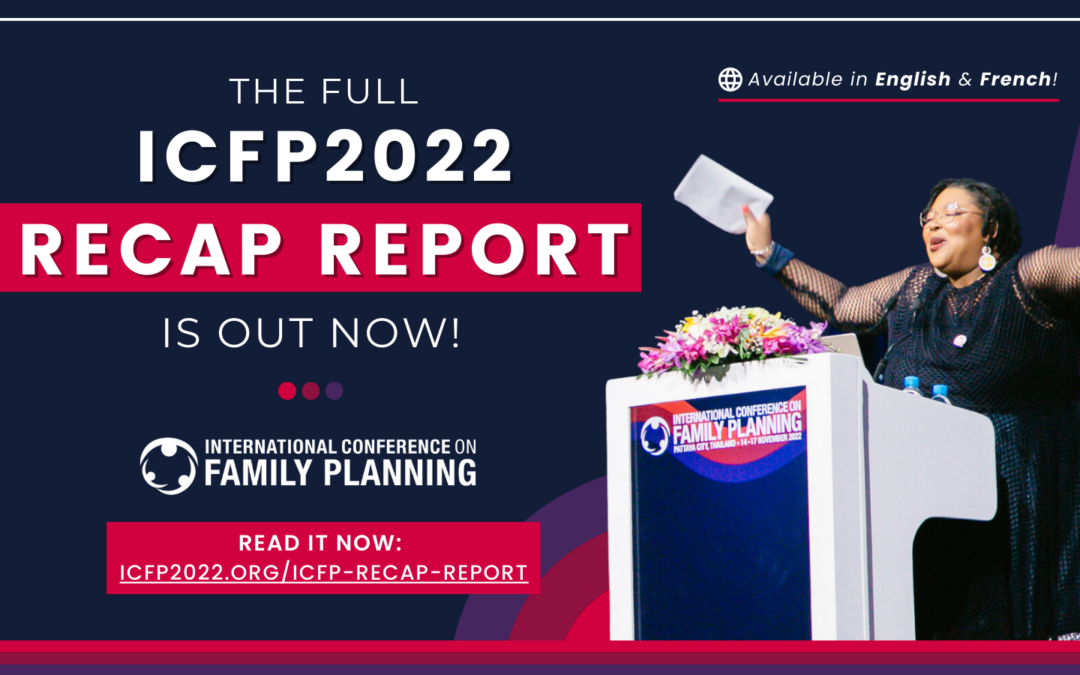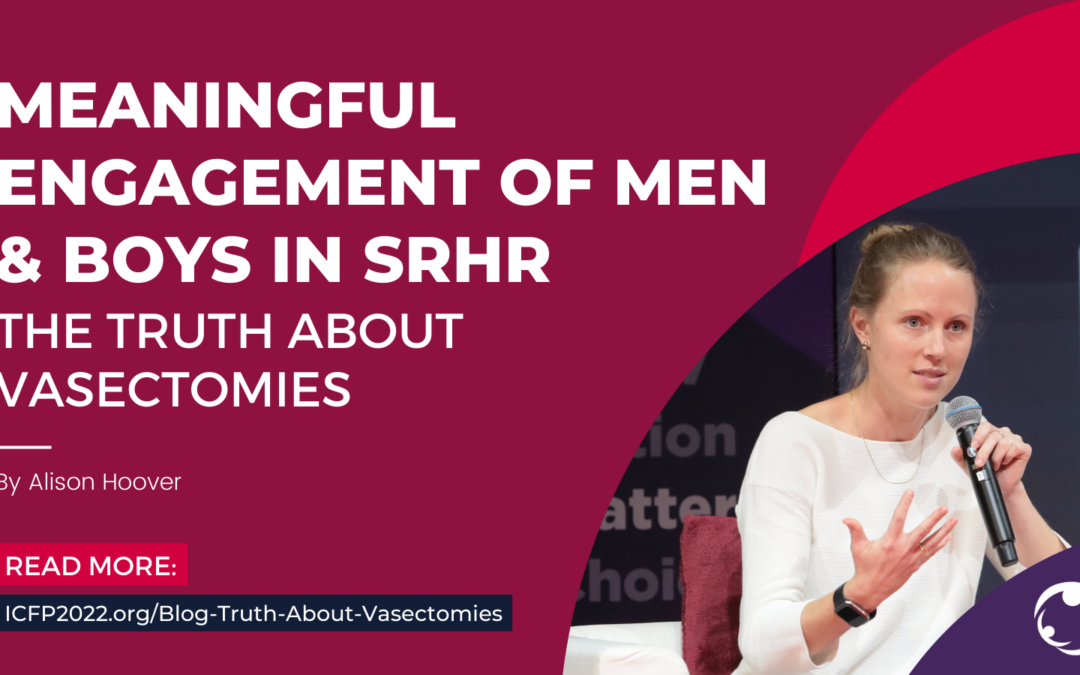
Exactly one year after the World Health Organization (WHO) made its pandemic declaration, the United Nations Population Fund (UNFPA) estimated that 12 million women experienced disruptions to family planning services during the pandemic, resulting in 1.4 million unintended pregnancies.
Despite this grim assessment, we have reason for optimism. Many health care systems adapted to changing conditions much faster than originally anticipated, and in some countries, people altered their approach to obtaining care when circumstances required it.
For instance, in Kampala, Uganda, the popular ride-hailing motorcycle app SafeBoda was enlisted to deliver contraceptives, HIV tests and pregnancy tests. In India, there was an immediate push to communicate directly with family planning patients through social media and phone calls.
In East Africa, family planning was deemed an essential service alongside the pandemic response, and local health officials distributed oral contraceptives, emergency contraception and condoms, often utilizing local pharmacies as a central distribution point. The combination of declaring family planning an essential service and utilizing existing essential business infrastructure proved to be a key factor to steady rates of contraceptive use and access.
In the United States, the rise in telemedicine during the pandemic included growing use of medication by mail to end unwanted pregnancies in the privacy of women’s homes. Since lockdowns began in 2020, the number of states participating in an ongoing study of the service jumped from 10 to 17, plus the District of Columbia. And in April, the FDA ruled to remove guidelines that require women go to a health clinic or doctor’s office to receive a medical abortion for the remainder of the pandemic.
Such quick action proved to be critical to reducing COVID-19′s negative impact on reproductive health. But it shouldn’t have taken a pandemic to implement these common-sense measures; they should have been in place all along.
Going forward, there are important lessons to learn to ensure we are providing the family planning services people everywhere want and need.
The first lesson is how resilient our health care systems, processes and patients can be under extreme pressure. According to UNFPA, women in 115 low- and middle-income countries faced an average of 3.6 months of disruption to family planning services despite lockdowns and stay-at-home orders that lasted much longer. This demonstrates how rapidly health systems were able to adjust in 2020, even as family planning services took a back seat to other emergency services.
Second, the determination women exhibited to obtain services shows that they clearly recognize the importance that reproductive health and family planning play. Fears of unwanted pregnancies and the associated life-altering economic impacts were magnified in light of the upheavals of the pandemic. In Nigeria’s Delta State, for example, the number of citizens accessing family planning services reportedly increased following the COVID-19 lockdowns, driven by concerns of economic hardship.
Third, and perhaps most critical: We must urge all countries to define family planning as essential health care services. As we witnessed in East Africa, positioning family planning services alongside other health care measures helps to ensure they will not be neglected during a crisis.
The current fear from global health officials is that any future prolonged disruption to services will not fare as positively as some of the examples noted above. Youth, in particular, are especially vulnerable. According to the International Federation of Gynecology and Obstetrics, an estimated 23 million adolescent girls in low- and middle-income countries were not able to meet their needs for contraception before the pandemic.
But due to measures enacted during the pandemic like telemedicine, more young people gained access to contraception and family planning services where previously they would have gone without. Incorporating these services full time could reap enormous benefits.
To help disseminate best practices, tools, research and other insights to reduce the negative impact of COVID-19 on sexual and reproductive health services, the Gates Institute has compiled a database of community-contributed resources available to the public.
Our mission moving forward must be to institutionalize the adaptations that enabled a relatively rapid resumption of services while identifying ways to prevent long-term disruptions from wreaking additional havoc. For many women, there is no interest in returning to the previous status quo.
Jose “Oying” G. Rimon II (jrimon1@jhu.edu) is a senior scientist and the director of the Bill & Melinda Gates Institute for Population and Reproductive Health at the Johns Hopkins Bloomberg School of Public Health, and serves as the chair of the International Conference on Family Planning (ICFP) Steering Committee. Maheen Malik is director of field programs for The Challenge Initiative (Twitter: @TCI_UrbanFP), a global urban reproductive health program led by the Gates Institute.
Read the full commentary at BaltimoreSun.com.






